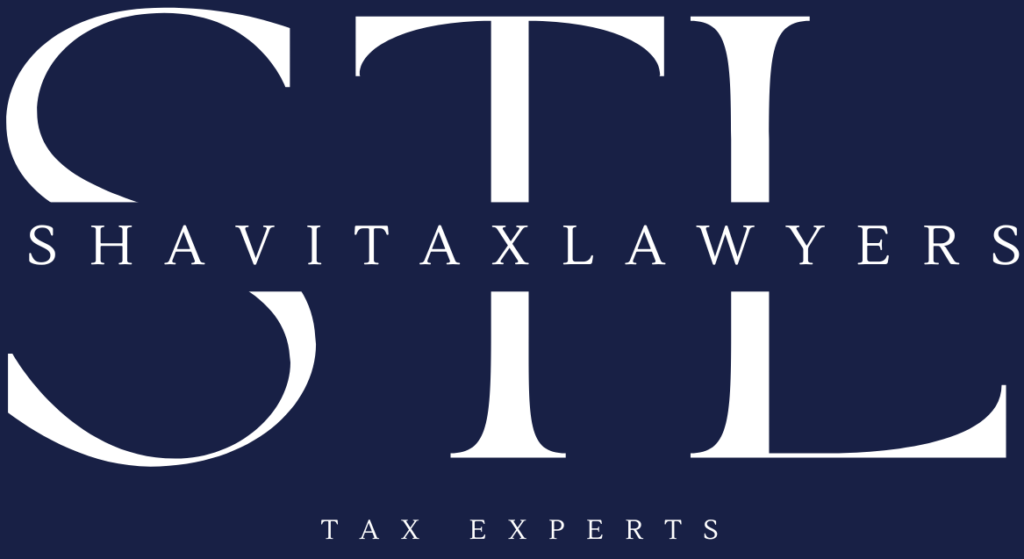The Advantages of an Israeli Family Company
A family company is a useful investment vehicle that offers tax and other advantages. A family company is a typical limited liability company, owned exclusively by a single family. All the shares of the company must be owned by individuals who are members of a specific single family, such as spouses, parents, children, and grandchildren.
The family company is used to protect the assets of a family business against potential claims by creditors and other third parties, or as a tool for generational transfer and estate planning. Using a family company may assist in protection from foreign estate taxes applied by certain countries on investments made outside Israel.
The main tax advantage of a family company is that it is taxed in Israel as a pass-through entity for Israeli tax purposes, allowing for one layer of tax only. This means that income will be taxed only once, at the individual level, in contrast to the double taxation system often applied to traditional corporate structures, where income is taxed first at the corporate level when earned by the company, and then again at the individual level when distributed as dividends to shareholders. The representative shareholder of a family company will report the company’s income on its personal tax returns and pay taxes at the individual level only (see also below).
Due to this transparency, a family company is usually used as an investment vehicle, allowing for the payment of capital gains tax at the rate of 25%-30% on capital investments made by the company, instead of 46% if it had been a regular company.
The pass-through structure also allow a new immigrant to benefit from the exemptions available under Section 14 of the Israeli Income Tax Ordinance (“Ordinance”) for non-Israeli source income generated by the new immigrant outside Israel. In Tax Decision No. 1010/09, the Tax Authority confirmed that the income of the family company would be considered the income of the representative taxpayer, who has the status of a new immigrant, and this income would be subject to the provisions of Sections 14 and 97 of the Ordinance if the income were generated outside Israel.
Foreign residents may also incorporate an Israeli family company and enjoy the transparency benefits. The Ordinance does not limit a non-Israeli resident from owning the shares of an Israeli family company; however, the taxpayer’s entitlement to tax reliefs or exemptions granted under the Ordinance to a foreign resident will be granted only according to the taxpayer’s proportional share in the company’s profits.
However, it should be noted that the tax treatment applicable to a family company is somewhat “hybrid” and not always straightforward. The family company is considered a separate entity from the individual; therefore, taxable income is first determined at the company level before being attributed to the individual. This may result in different tax outcomes than if the income and expenses were attributed directly to the individual (as if it were a partnership). For example, in the matter of Tswi Pereg, the family company was engaged in the construction and rental of apartments. In this case, the family company incurred losses from building construction, while its income from rental fees was subject to reduced taxation rates. Therefore, the taxpayer requested to transfer the company’s losses in full to him (i.e., without initially offsetting them against the family company’s income from rental fees) and to offset them against his personal income derived from activities outside the family company, which were subject to regular taxation rates. The Supreme Court (Justice D. Dorner) rejected the taxpayer’s position, applying the separate entity principle, determining that the losses should first be used by the company and only the resulting taxable income (or loss) be attributed to the taxpayer.
In 2014, the Ordinance was amended to apply clearer tax arrangements regarding the application and termination of the family company’s tax status. According to the Ordinance, to be treated as a family company for tax purposes, it must provide a notification to the income tax assessing officer within 3 months from its incorporation.
Furthermore, any family company should maintain a “representative shareholder,” who is the person responsible for making tax payments and reporting on behalf of the company. This person should be the largest stockholder of the company. If, for any reason, this person ceases to be the representative shareholder, the company must appoint a new representative shareholder and notify the Israeli tax authorities of this change within 60 days. Otherwise, the status of the family company will be annulled.
A family company shall cease to be treated as such if it does not meet the requirements under the law from the beginning of the year of disqualification, or if it notifies the tax assessing officer of its intent to no longer be considered as such, 30 days before the beginning of the taxable year.Upon such notification, the termination of the family company status shall take effect from the beginning of the following taxable year.
If a family company is no longer considered a “family company” for any reason, it will never reclaim the status of a family company.
In summary, an Israeli family company provides significant advantages for families looking to protect their assets, plan for generational transfer, and benefit from favorable tax treatment. However, it is crucial for family companies to comply with the specific requirements set forth by Israeli law to maintain their status and benefits.
